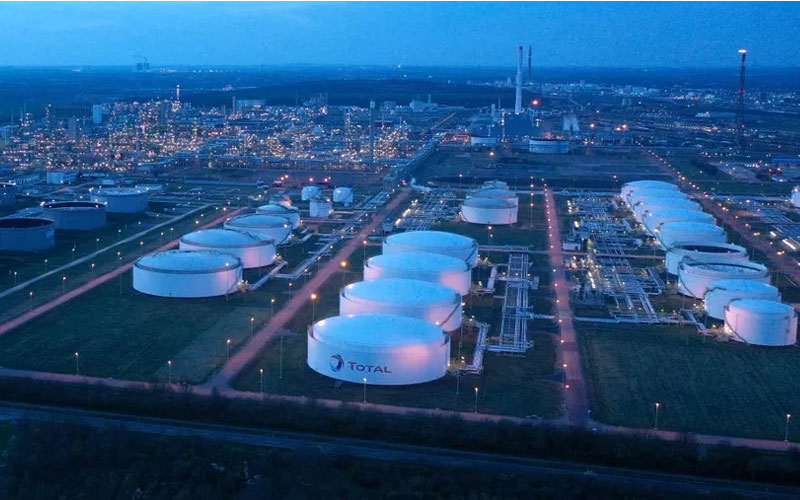Petroleum refers to a mixture of gaseous, liquid and solid hydrocarbons in natural occurrence. Petroleum is divided into crude oil, natural gas, natural gas liquid and natural tar, etc., but it is customary to use “oil” as the definition of “crude oil”.
Petroleum is a viscous, dark brown liquid known as the “blood of industry”. There are oil reserves in parts of the upper crust. The main component is a mixture of various alkanes, naphthenes and aromatic hydrocarbons. It is one of the main objects of geological exploration.
The oil-forming mechanism of petroleum has two theories of biosedimentary oil and petrochemical oil. The former is more widely accepted. It is believed that oil is formed by organisms in ancient oceans or lakes after a long evolution. It belongs to biosedimentary oil and is non-renewable. It is believed that petroleum is generated from the carbon in the earth’s crust itself, has nothing to do with biology, and is renewable. Petroleum is mainly used as fuel oil and gasoline, and is also a raw material for many chemical industry products, such as solutions, fertilizers, pesticides and plastics.
Ancient Egypt and Babylonians exploited oil long ago. The Chinese name “petroleum” was first named by Shen Kuo, a scientist in the Northern Song Dynasty.
On February 16, 2023, the China Petroleum and Chemical Industry Federation released data stating that China’s oil refining capacity has surpassed that of the United States, becoming the world’s largest oil refining country.

石油
1756-RM A-B ControlLogix enhanced redundancy module
 中文版
中文版



